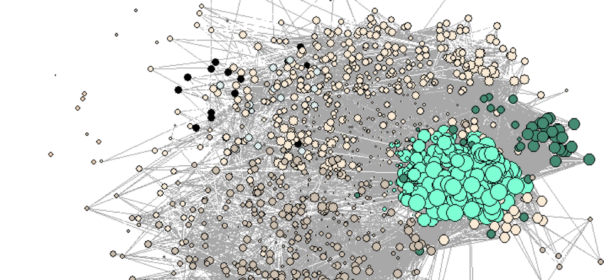
Universal Basic Income (UBI) found its way back to media and policy agendas, presented as an alternative to the social investment policies omnipresent in Europe. In spite of the apparent appeal, however, UBI faces a discursive and political stalemate that seems hard to overcome. In an attempt to understand this tension, we explore the discursive coalitions surrounding UBI in a debate on Dutch Twitter. We use discourse network analysis to (a) cluster discussants endorsing similar positions and (b) see which political elites endorse these positions. We find that the known schism between the liberal and egalitarian interpretations of UBI is driven by ambivalence towards its redistributive implications. Moreover, we observe a turn towards social investment frames amongst UBI advocates, who centrally argue that UBI is activating and deregulating social security. This change in framing, however, seems to have little visible impact on elite coalition formation. Green-left elites remain overrepresented amongst proponents, while liberal and conservatives are opposed, and the socialist party remains divided on the issue. Thus, while the implementation of a ‘full’ UBI seems blocked by redistributive concerns, the social investment turn may be the political compromise that explains the popular appeal and political success of UBI inspired experiments.
Gielens, E., Roosma, F., & Achterberg, P. (2023). Between left and right: A discourse network analysis of Universal Basic Income on Dutch Twitter. Journal of Social Policy, 1-22. doi:10.1017/S0047279422000976
See: https://www.cambridge.org/core/journals/journal-of-social-policy/article/between-left-and-right-a-discourse-network-analysis-of-universal-basic-income-on-dutch-twitter/C29E2B0BC3D20E2465F6176B180DC56F
